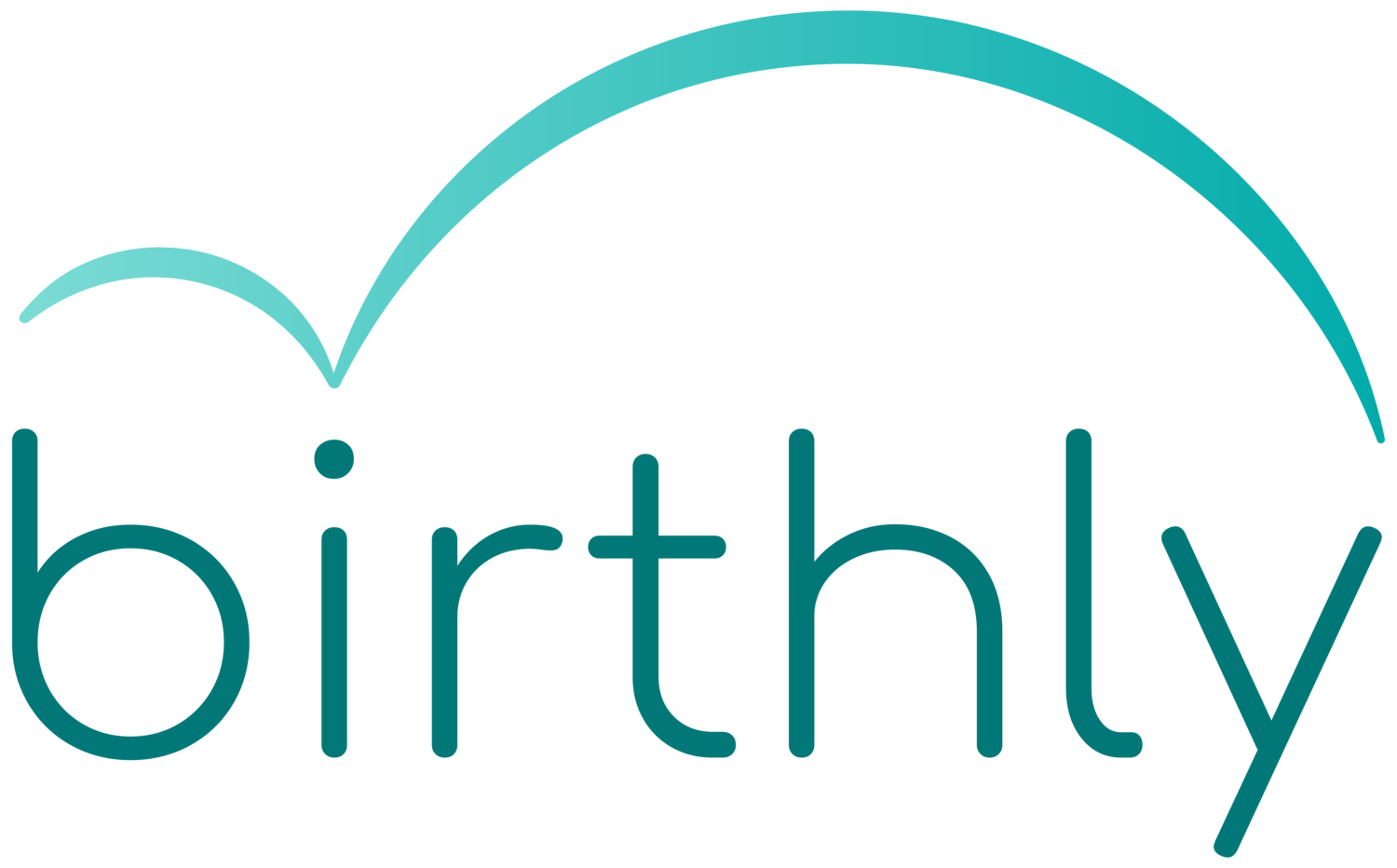What Tea is Safe During Pregnancy
Tea is one of the most widely consumed beverages worldwide, often enjoyed for its soothing effects and perceived health benefits. During pregnancy, though, even simple routines like drinking tea may require closer attention.
Some teas offer comfort and relief—easing nausea, calming digestion, or helping with relaxation—while others may contain ingredients that are best limited or avoided altogether. From caffeine levels to herbal compounds, the safety of tea depends on both what’s in the cup and how much is consumed.
Making thoughtful choices about tea during pregnancy supports maternal well-being and helps promote a healthy environment for fetal development.
Key Takeaways
Herbal teas like ginger and peppermint are generally considered safe in moderation.
Some teas, like chamomile and green tea, have mixed guidance and should be consumed cautiously.
Teas like licorice root and certain detox blends should be avoided altogether during pregnancy.
Teas and Pregnancy - What to Consider
When it comes to drinking tea during pregnancy, a few factors come into play:
Caffeine Content
While tea contains less caffeine than coffee, it’s still important to keep your total daily intake under 200 mg, as recommended by the American College of Obstetricians and Gynecologists (ACOG). Black and green teas contain caffeine, so moderation is key with.
Herbal Ingredients
Not all herbs are safe during pregnancy. Some can trigger contractions, affect hormone levels, or interact with medications. Always check ingredient labels, especially with blended or "detox" teas.
Additives and Sweeteners
Watch out for added sugars, artificial sweeteners, or other ingredients like guarana or yerba mate, which may contain hidden stimulants.
Which Teas are Safe During Pregnancy?
Many herbal teas are generally safe for pregnancy and can offer comforting or functional benefits. That said, even safe teas should be consumed in moderation (1–2 cups per day) and discussed with your provider if you have any concerns.
Ginger Tea
Ginger tea is one of the most widely recommended teas for pregnancy. It’s known for easing nausea and morning sickness, especially during the first trimester and is considered effective and safe in moderate amounts for pregnant individuals.
Peppermint Tea
Peppermint tea is another go-to for pregnancy discomforts. It is found to have a soothing effect on gastrointestinal issues in pregnant individuals, helping with bloating, gas, and indigestion.
Rooibos Tea
Naturally caffeine-free, rooibos tea is rich in antioxidants and gentle on the stomach. It’s often used as a safe alternative to green or black tea.
Lemon Balm Tea
Lemon balm is believed to reduce anxiety and aid sleep. Studies have noted its calming effect, but like most herbal teas, it’s best to limit intake to one or two cups per day.
Nettle Leaf (in moderation)
Nettle leaf is nutrient-rich—offering iron, calcium, and magnesium—but it should only be consumed in the second or third trimester and in teas specifically marked as pregnancy-safe. Raw or improperly prepared nettle can stimulate the uterus, so caution is advised.
Raspberry Leaf (only in later pregnancy)
Often recommended in the third trimester, raspberry leaf tea is believed to tone the uterus and potentially shorten labor. However, it should be avoided in the first trimester due to its uterine-stimulating effects.
Which Teas Aren’t Safe During Pregnancy?
Some teas may seem healthy but can actually pose risks during pregnancy due to their active compounds. Here are common teas to avoid:
Licorice Root Tea – Can affect blood pressure and hormones.
Dong Quai – Often used in traditional Chinese medicine, but can stimulate uterine contractions.
Black Cohosh and Blue Cohosh – Can cause contractions and are linked to potential birth complications.
Pennyroyal Tea – Considered toxic and dangerous during pregnancy.
Yarrow and Mugwort – Both may stimulate the uterus.
Detox or weight-loss teas – These often include unsafe herbal blends and laxatives.
Bottom Line
Drinking tea during pregnancy can be a nourishing and comforting habit—as long as you’re choosing the right kinds. Stick with herbal options that are known to be safe, watch for caffeine, and avoid unknown or harsh blends. As always, check in with your provider before introducing new herbs into your routine.
For more information on the dos and don'ts of pregnancy, check out Birthly’s live, online course curriculum and get all your questions answered.
Teas Safe During Pregnancy FAQ
Can you drink chamomile tea when pregnant?
Chamomile is controversial. Some sources suggest small amounts are fine, but others caution against regular use due to its potential to stimulate the uterus. Ask your provider if it’s right for you.
What healthy things should I eat when pregnant?
A diet rich in fruits, vegetables, lean protein, and whole grains is ideal. For snack ideas, check out our guide to healthy snacks for pregnancy.
Can I drink green tea when pregnant?
Yes, in moderation. Green tea contains caffeine and may reduce folic acid absorption, so it’s best to limit to one cup per day.
Does raspberry leaf tea induce labor?
It’s believed to help tone the uterus and potentially shorten labor—but it should only be consumed in the third trimester.
Sources
https://www.nccih.nih.gov/health/herbsataglance
https://americanpregnancy.org/healthy-pregnancy/is-it-safe/herbal-tea/
https://bmccomplementmedtherapies.biomedcentral.com/articles/10.1186/s12906-024-04465-7

